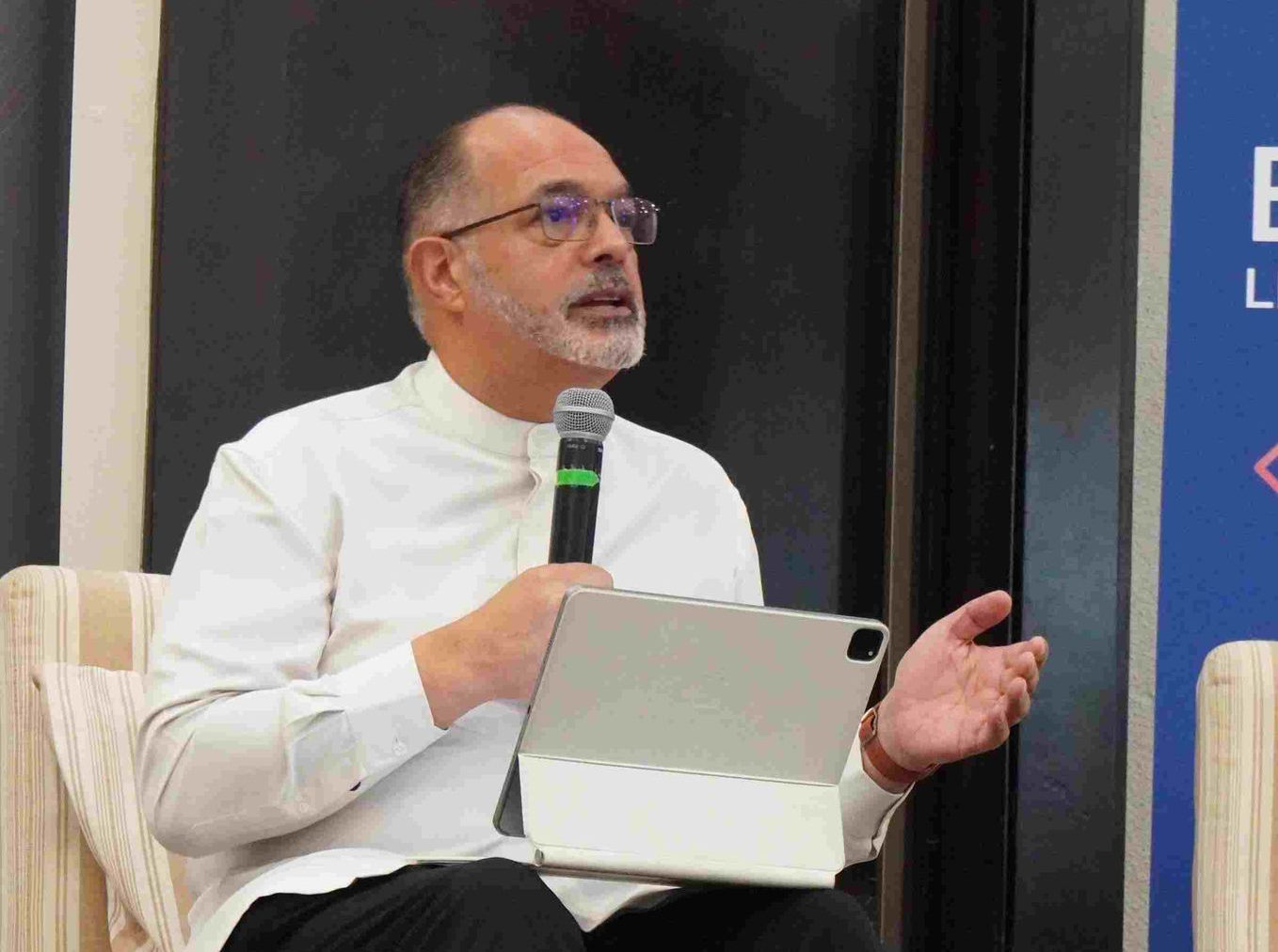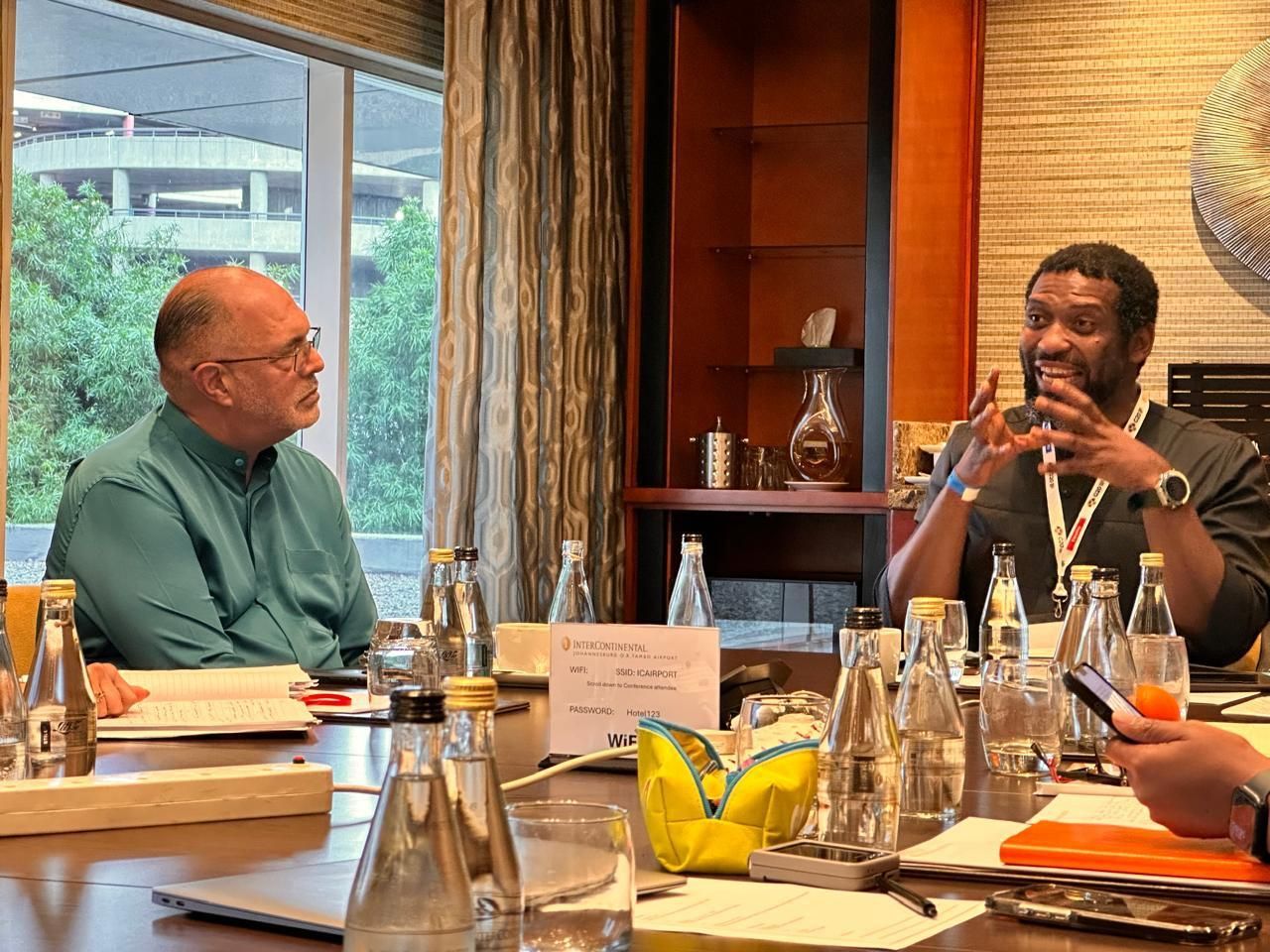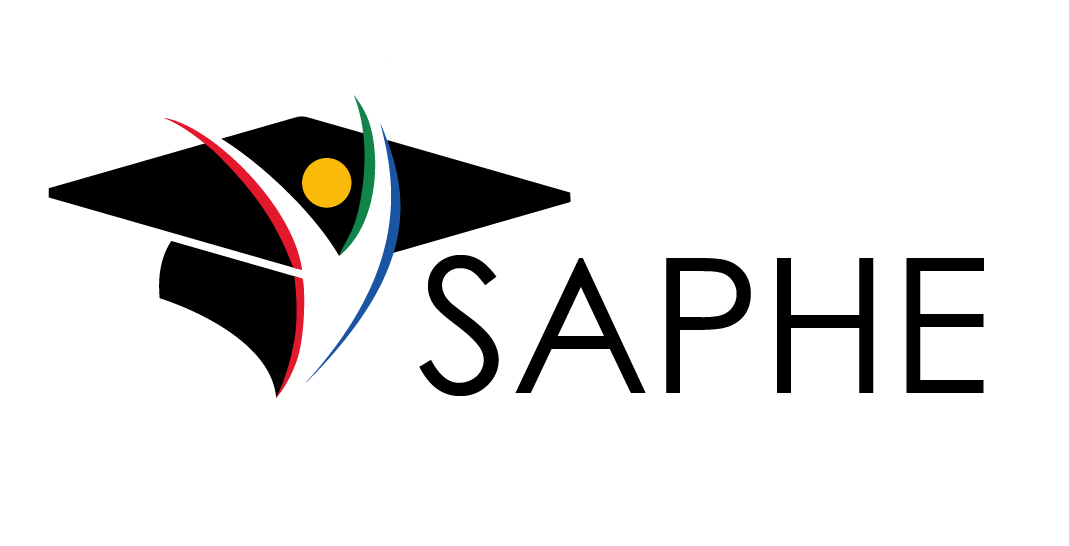Expert advice for PHEIs
Dr Shaheeda Essack, Director of Private Higher Education Institutions (PHEIs) at the Department of Higher Education and Training (DHET), shared valuable insights at the recent SAPHE member meeting in February. She highlighted key areas for continued success within the sector, which has grown significantly, now enrolling more than 20 per cent of all higher education students.
Dr Essack, a seasoned expert in PHEI management and monitoring, focused on both business and academic operations.
Sound business and academic operations
Dr Essack underscored the importance of robust financial planning, effective systems, competent staff appointments, and the delivery of accredited, quality programmes. She cautioned against misrepresenting qualifications, a pitfall that could lead to deregistration.
Mitigating Risks and Ensuring Compliance
Regarding risk management, Dr Essack stressed the need to understand the PSET sector thoroughly, considering both internal and external factors shaping its past, present, and future. She advised PHEIs to learn from past experiences, identify future trends, and stay informed and compliant with relevant legislation and annual reporting requirements.
Operational efficiency
Dr Essack encouraged clear and transparent operations. She recommended that institutions maintain control over all their academic functions, including marketing and advertising, rather than outsourcing.
Student engagement
She advocated for transparent grievance policies and comprehensive student orientations that clarify procedures and refund policies. Before involving the DHET, students should first engage with the institution to seek an internal resolution.
Dr Essack highlighted the importance of student representation on various levels, as mandated by the CHE. However, she clarified that representation does not equate to governing or managing the institution. She mentioned that student concerns were mainly in two areas, related to the contractual agreement and teaching and learning. Student feedback on teaching and learning was critical and useful for the institution in improving the quality of the learning programmes.
Partnerships and policy
Discussing public/private partnerships, Dr Essack emphasised the need for clarity on what such partnerships involve and a regulatory framework, acknowledging the absence of one currently.
Responding to a query about the Policy for the Recognition of South African Higher Education Institutional Types, she said she anticipates its release for public comment by the end of March, with finalisation expected before the year's end.
In conclusion, Dr Essack commended PHEIs for their remarkable progress, encouraging them to continue their positive trajectory and “to walk the straight path”. Dr Jannie Zaaiman, Chair of the SAPHE Board, thanked Dr Essack for the insights she shared with SAPHE members and affirmed their commitment to good governance and collaboration.



